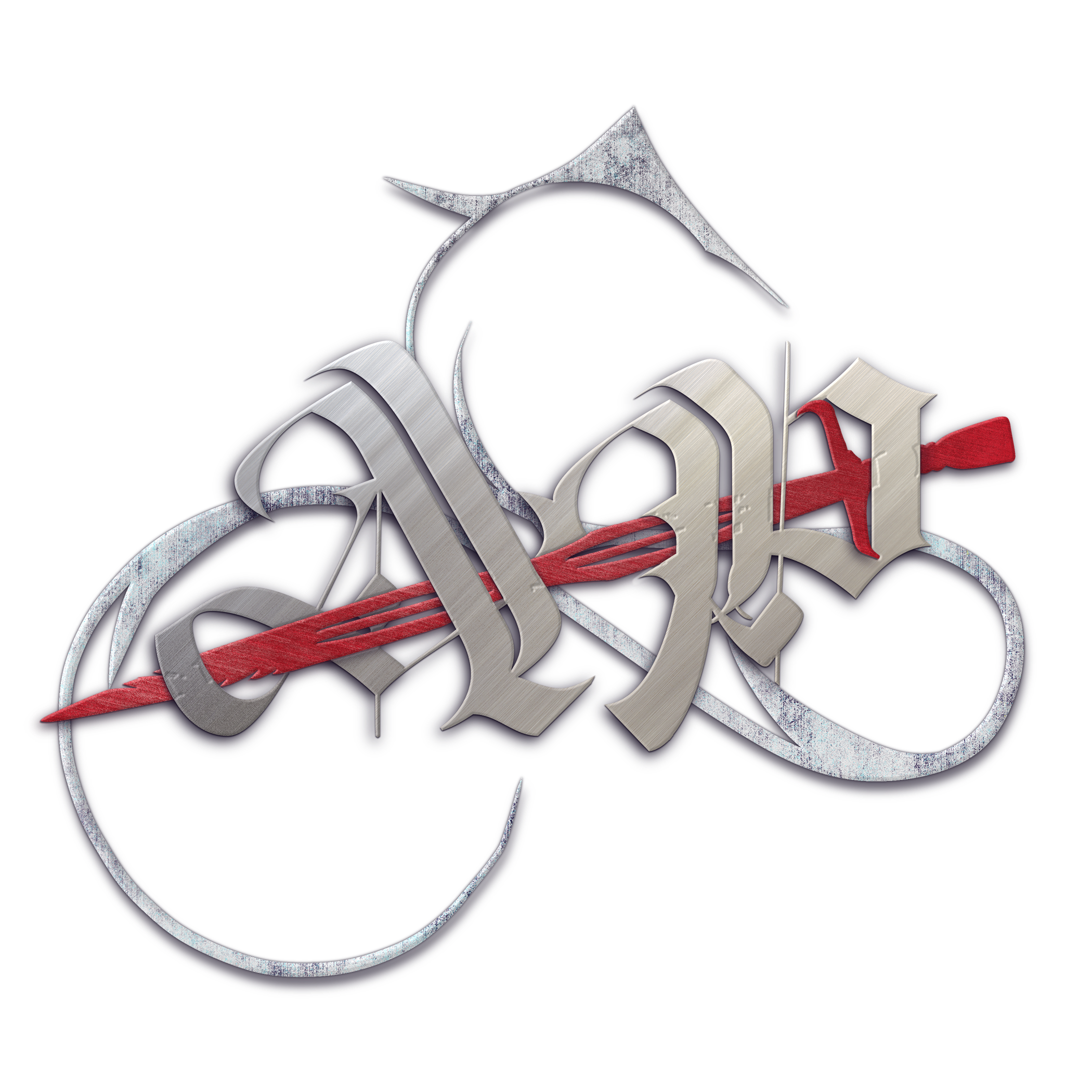Today I have an interesting post from a fellow author and friend of mine, the amazing M.L. Spencer. It's a bit more philosophical than my usual psychological fare, but I found it a fascinating concept…
 In the novel, the main character Braden adheres to deontological ethics and is very inflexible in his morals. By contrast, his brother Quin is constantly compromising his values. This pair find themselves facing a cabal of darkmages intent on opening a gateway to Hell in order to save the magic field of their planet – a noble intent, but supported by heinous actions. It was a fascinating ethical and philosophical question to ask, "Which of the two ethical positions is 'right'? Can either be right?"
What do you think? Leave a comment below and share your thoughts on deontology versus consequentialism
In the novel, the main character Braden adheres to deontological ethics and is very inflexible in his morals. By contrast, his brother Quin is constantly compromising his values. This pair find themselves facing a cabal of darkmages intent on opening a gateway to Hell in order to save the magic field of their planet – a noble intent, but supported by heinous actions. It was a fascinating ethical and philosophical question to ask, "Which of the two ethical positions is 'right'? Can either be right?"
What do you think? Leave a comment below and share your thoughts on deontology versus consequentialism
Deontology vs. Consequentialism
Deontology and consequentialism are two terms that most people (except for philosophy majors) have probably never heard of. Let's put it simply:Deontology
From Wikipedia: "Deontological ethics or deontology is the normative ethical position that judges the morality of an action based on rules. It is sometimes described as "duty-" or "obligation-" or "rule-" based ethics, because rules "bind you to your duty." In this terminology, action is more important than the consequences." In deontology, the action itself determines the rightness or wrongness of a deed, instead of the resulting consequences. Deontology is often called “duty-based ethics” because a person’s actions are often motivated by their perceived sense of duty or rules. Most people would think of deontology as being more “ethical” than consequentialism. But taken to the extreme, deontology can actually forbid some actions that are morally right. This is a common element in the more "epic" genres of science-fiction and fantasy. The hero is motivated to do the right thing out of duty or obligation, rather than personal desire. They may end up sacrificing a great deal "for the greater good". At the same time, great villains can be made using this ethical position. If a villain feels duty-bound to something, they may be willing to do things perceived as "bad" if it benefits the "greater good". The apparent ethics can be twisted and made into something dark and dangerous—great for portraying realistic villains!Consequentialism
From Wikipedia: "Consequentialism is the class of normative ethical theories holding that the consequences of one's conduct are the ultimate basis for any judgment about the rightness or wrongness of that conduct. Thus, from a consequentialist standpoint, a morally right act (or omission from acting) is one that will produce a good outcome, or consequence." When most people think of consequentialism, they think of the Italian philosopher Niccolò Machiavelli and the famous quote so often (mistakenly) ascribed to him, “The end justifies the means.” In consequentialist moral ethics, the consequences of one’s actions are used to judge whether the action was right or wrong. Carried far enough, any method of achieving a morally important goal is deemed justifiable. Dark fiction (dark fantasy, grimdark, dark sci-fi, etc.) often uses this to justify the actions a character takes. For example, getting vengeance for harm done to a loved one is perceived as justifiable, especially if positioned in a dark world. (Andy's Note: Blade of the Destroyer is the perfect example of this! The Hunter goes on a rampage after the antagonists harm the people he's protecting.) These two concepts of moral ethics form the underlying basis for conflict in Darkstorm. In the novel, the main character Braden adheres to deontological ethics and is very inflexible in his morals. By contrast, his brother Quin is constantly compromising his values. This pair find themselves facing a cabal of darkmages intent on opening a gateway to Hell in order to save the magic field of their planet – a noble intent, but supported by heinous actions. It was a fascinating ethical and philosophical question to ask, "Which of the two ethical positions is 'right'? Can either be right?"
What do you think? Leave a comment below and share your thoughts on deontology versus consequentialism
In the novel, the main character Braden adheres to deontological ethics and is very inflexible in his morals. By contrast, his brother Quin is constantly compromising his values. This pair find themselves facing a cabal of darkmages intent on opening a gateway to Hell in order to save the magic field of their planet – a noble intent, but supported by heinous actions. It was a fascinating ethical and philosophical question to ask, "Which of the two ethical positions is 'right'? Can either be right?"
What do you think? Leave a comment below and share your thoughts on deontology versus consequentialism

